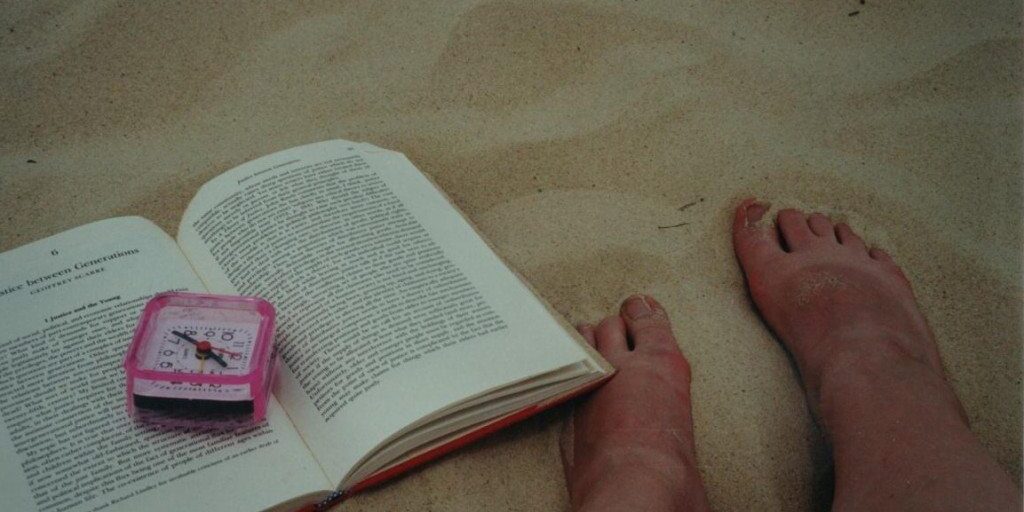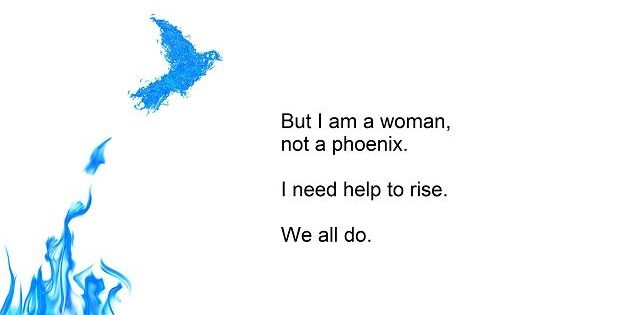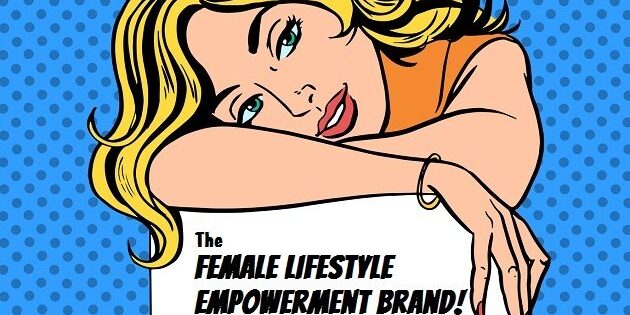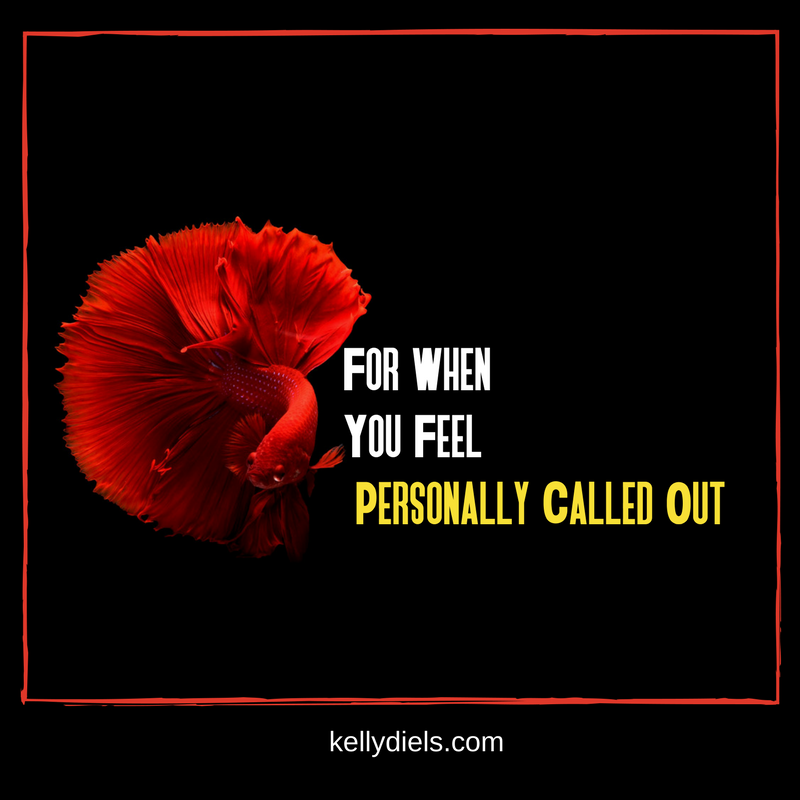
Is the Voice Of Culture is Working Through You Without Your Consent?
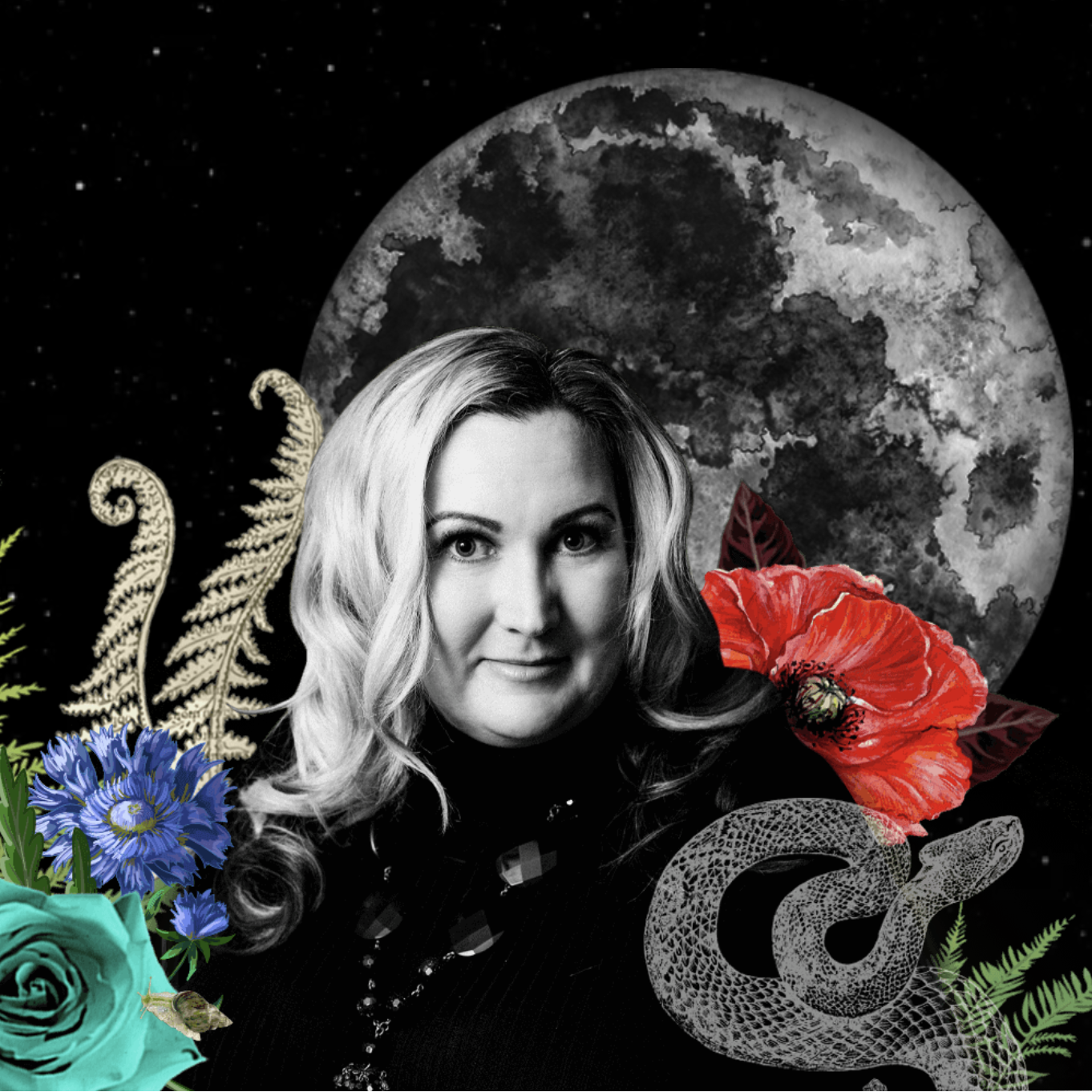
 “When I read your essay,” she said, “I gotta admit, I felt personally called out.”
“When I read your essay,” she said, “I gotta admit, I felt personally called out.”
We were talking on the phone for the first time about one of my pieces on The Female Lifestyle Empowerment Brand. She’d reached out to me because she’d read it, recognized it, and thought “wait a minute, is she talking about me???!”
This happens all the time.
I wasn’t, in fact, writing with her mind. I rarely am.
But the fact that she saw herself in it was the point.
I see myself in it, too.
I feel like it’s the cultural norm, the marketing default, so of course so many people are doing it.
That’s why I rarely name names. The individuals aren’t the point. That pattern is.
By writing pieces about the pattern, each of us can recognize ourselves in that mirror.
And change it up.
This happens to me, all the time, too.
I read something where someone’s essay or Instagram post pointing out some stupidity or bullshit or obliviousness and I think, oh my god, I do that too.
I am so grateful for that awful feeling.
(Tada Hozumi calls that ‘befriending the call-out‘ — and h/t to Holly Truhlar for introducing me to Tada’s work — because call outs provide “valuable feedback about behavior. They can offer great insights that we can integrate for our benefit.”)
I’m so grateful for everyone writing pieces and Instagram posts and FB status updates, chipping away at everything that limits us and asking us all to do our part, too.
As soon as I get that “oh my god, I recognize myself in this” feeling, I get to work unlearning that previously-invisible habit.
Sometimes I get it in a snap. Sometimes it takes some space for my fight-or-flight (or, more often, freeze) to simmer down so I can process what I’ve been offered; and then it takes conscious practice, reminding myself, catching myself, and correcting myself.
Here are some things I’m witnessing in myself and learning to unlearn:
- Ableist language like “I stand for justice”
- The notion that non-binary or trans is a bodily trait that you can read in someone’s appearance (I messed this up just yesterday and then read this piece by Ilya Parker of Decolonizing Fitness on Instagram and the locks and tumblers fell into place)
- Giving advice before asking someone if they want advice (consent!!!!) (I think learning from Gwynn Raimondi and following her on Facebook is what really brought this home for me)
Adrienne Maree Brown, the author of Emergent Strategy (aff), wrote beautifully about this learning/unlearning experience last year, reflecting on “chimamandagate“:
this morning as i was catching up on chimamandagate i found myself feeling a ton of gratitude to trans, gender nonconforming and nonbinary people who have stayed with me through my unlearning process,
through my misgendering them, trying to argue grammar (even though in nearly every other instance i dismiss grammar rules and all other rules),
through my defensive reactions (“but half my lovers are trans/gnc i couldn’t be transphobic”),
through my feelings of scarcity around my womanhood and women’s spaces,
through delicate/scary conversations around transracial vs transgender journeys,
through my unrequested advice or protection,
through my absence when support was needed.
through my fascination and curiosity,
through my putting them on pedestals,
through my forgetting them in spaces where they needed inclusion and/or centering.
and through my fumbling love.
i wish i could say each of these lessons took me hours to learn, but some of it has taken days, weeks, years – sometimes i never made it back to thank the teachers of specific lessons, especially the ones that were hard.
and i am still unlearning.
and i am still grateful.
All I have to add to this is that I’m resolved to learn/unlearn as fast as I can and bring as many people with me as I do that so that it’s not so damn hard on the ones doing the explaining, who already have too much weight to carry.
This isn’t about converging on an orthodoxy.
It’s about each of us realizing that so often the voice of culture is working through us without our consent…
…and we can interrupt it, if we’re vulnerable enough to recognize ourselves not just as recipients of oppressive behaviours but perpetuators* of it, too.
*h/t to Inbal Sansani for sketching out that exact dilemma and pattern to me recently

